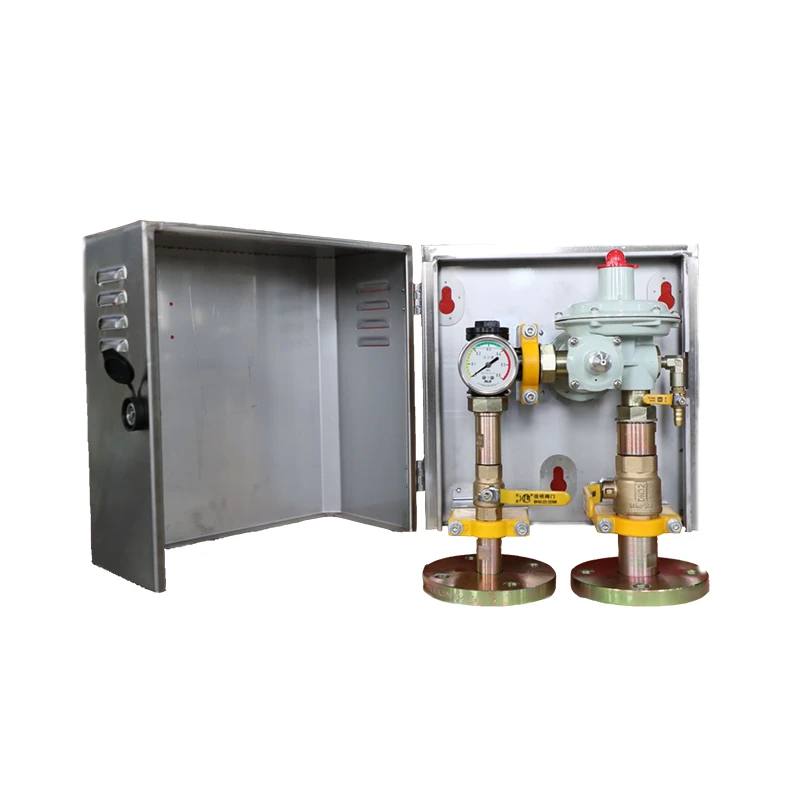
Dec . 09, 2024 18:44
Back to list
Understanding Electric Water Heaters and Their Benefits for Home Use
Electric Water Heaters A Comprehensive Guide
Electric water heaters are essential appliances in modern homes, providing hot water for various daily activities such as bathing, cooking, and cleaning. With the growing demand for energy efficiency and convenience, electric water heaters have become increasingly popular. This article will explore the different types of electric water heaters, their advantages and disadvantages, and tips for choosing the right one for your needs.
Types of Electric Water Heaters
There are mainly two types of electric water heaters tank-style and tankless.
1. Tank-Style Electric Water Heaters These traditional models store a certain amount of water in a tank, typically ranging from 20 to 80 gallons. They heat the water and keep it at a constant temperature, ready for use. While they are often less expensive to purchase, they can consume more energy since they continuously heat the water, even if it is not in use. Key elements include
- Storage Capacity Choose a size that suits your household's needs. A family of four, for example, may require a larger tank. - Recovery Rate This is the speed at which the heater can refill and heat water once it has been used.
2. Tankless Electric Water Heaters Also known as on-demand heaters, these units heat water directly as it is needed, without storing it in a tank. This can lead to significant energy savings, as there is no standby heat loss. However, they may have limitations regarding the maximum flow rate, meaning they might not supply enough hot water simultaneously for multiple outlets (e.g., a shower and a washing machine). Benefits include
.
Advantages of Electric Water Heaters
السخانات الكهربائية

Electric water heaters are favored for several reasons. They are typically easier to install than gas-powered heaters, as they do not require venting and can be placed almost anywhere with an electrical outlet. They also tend to have lower upfront costs and require less maintenance, making them an attractive option for many households.
Moreover, electric heaters can be safer than gas models, as they eliminate the risk of gas leaks or related hazards. They also provide consistent hot water, ensuring comfort throughout the day.
Disadvantages of Electric Water Heaters
Despite their advantages, electric water heaters do have some downsides. One significant concern is that they can be more expensive to operate in the long run compared to natural gas water heaters, especially in areas where electricity rates are high. Additionally, during power outages, electric water heaters will not operate, which can be a limitation in regions prone to electricity interruptions.
Choosing the Right Electric Water Heater
When selecting an electric water heater, consider the following factors
- Hot Water Needs Assess your household's hot water consumption patterns. For larger families, a tank-style heater may be more suitable, while smaller households may benefit from tankless models. - Energy Efficiency Look for heaters with high energy efficiency ratings. The Energy Factor (EF) rating is a good indicator of how efficiently a unit converts energy to hot water. - Budget Factor in both the initial cost and the long-term operating costs when making your decision.
In conclusion, electric water heaters are a vital addition to any modern home. By understanding the types available, their pros and cons, and considering your household’s needs, you can make a well-informed decision that enhances comfort and efficiency in your daily life. Whether you opt for a tank-style or tankless model, the right electric water heater can provide you with the convenience of hot water whenever you need it.
Latest news
-
Safety Valve Spring-Loaded Design Overpressure ProtectionNewsJul.25,2025
-
Precision Voltage Regulator AC5 Accuracy Grade PerformanceNewsJul.25,2025
-
Natural Gas Pressure Regulating Skid Industrial Pipeline ApplicationsNewsJul.25,2025
-
Natural Gas Filter Stainless Steel Mesh Element DesignNewsJul.25,2025
-
Gas Pressure Regulator Valve Direct-Acting Spring-Loaded DesignNewsJul.25,2025
-
Decompression Equipment Multi-Stage Heat Exchange System DesignNewsJul.25,2025

